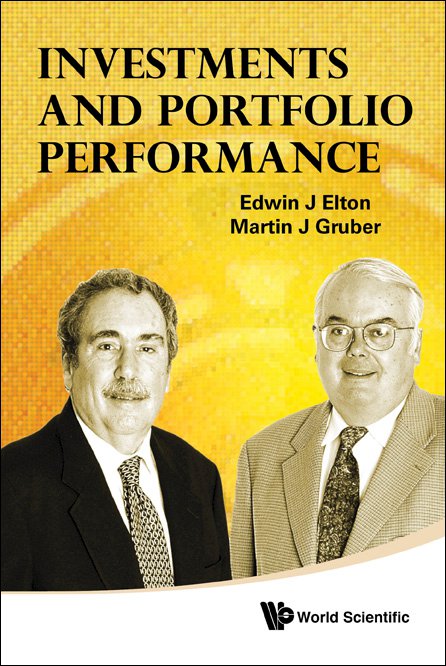The adequacy of investment choices offered by 401(k) plans
The choices made by 401(k) participants are the product of two different decisions: what is offered and what is chosen. While there have been a number of studies of the decisions made by participants in 401(k) plans, there have been no studies of the adequacy of the full set of choices offered to 401(k) participants. This paper analyzes the adequacy and characteristics of the choices offered to 401(k)-plan participants for over 400 plans. We find that only 53% of the plans offer an adequate set of options and that over a 20-year period offering inadequate options makes a difference in terminal wealth of over 53%. We find that funds included in the plans are riskier, but have a slightly higher return, than the general population of funds in the same categories. However, we find that the return difference is roughly equal to the difference in expenses between funds selected by plans and randomly selected funds. We study the characteristics of plans that are associated with adequate investment choices, including an analysis of the use of company stock, plan size, and the use of sophisticated strategies.



